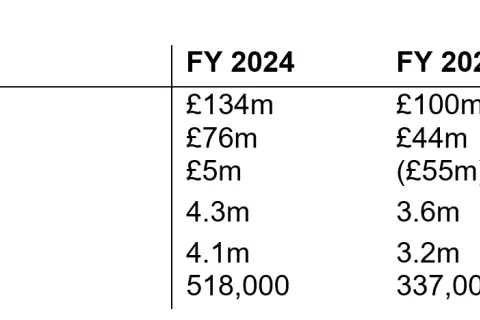
City communications
ABERDEEN BECOMES ONE OF UK’s BEST CONNECTED CITIES AS CITYFIBRE’S PRIMARY-BUILD COMPLETES
20 February 2025
Labour tried it with the IMP (Interception Modernisation Programme), then the coalition Government tried it with CCDP (Communications Capabilities Development Programme). When that failed they morphed it into the Communications Data Bill which also failed, so then the new Tory Government hastily introduced DRIP (Data Retention and Investigatory Powers Bill) but that has a sunset clause of December 2016. It’s not surprising then that last week yet another new draft Bill was announced - this time it’s called the Investigatory Powers Bill. So what will this latest iteration which has already been widely nicknamed the ‘Snooper’s Charter 3.0’ have in store for us?
 Paul Heritage-Redpath, Product Manager[/caption]
Paul Heritage-Redpath, Product Manager[/caption]
With network projects in over 60 cities and construction underway to reach up to 8 million homes

City communications
20 February 2025

Corporate news
CityFibre, the UK’s largest independent full fibre platform, provides a financial and operational update for the year ended 31 December 2024
11 February 2025

City communications
4 February 2025